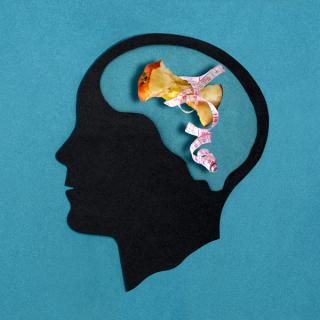
Eating Disorders
Latest News
Latest Videos

Shorts

Podcasts
CME Content
More News

Athletes are an underserved population in mental health care.

In this CME article, learn more about a protocolized approach to the hospital management of pediatric patients with severe malnutrition related to eating disorders, including the utilization of a multidisciplinary care team and structured psychoeducation materials for families.

A board-certified family and sports medicine physician who works with individuals with eating disorders shares her thoughts on the Family Medicine Experience 2024.

Can zinc help improve symptoms of anorexia nervosa?

Eating pros vs those with eating disorders: what’s the difference?

In this CME article, learn how best to provide end-of-life care to patients with psychiatric disorders.

How are eating disorders different in LGBTQ+ patients compared with cisgender heterosexual patients? How can you best help manage eating disorders in this patient population?

An expert discusses this comorbidity, plus the effects of semaglutide and other GLP-1 agonists on this patient population.

Providing palliative care to patients with anorexia nervosa.

Investigators at McLean Hospital found 61% and 45% of individuals still experiencing binge-eating disorder after 2.5 and 5 years after their initial diagnoses, respectively.
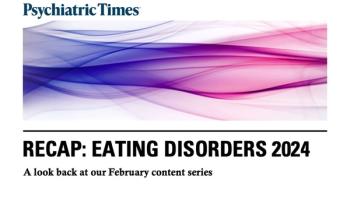
Here’s a look back at selections from our February content series on eating disorders.

Psychiatric Times discussed the recent research with Anne Marie O'Melia, MD, MS, FAAP, CEDS-S, of the Eating Recovery Center.

Psychiatric Times sat down with Erikka D. Taylor, MD, MPH, DFAACAP, of Project HEAL to discuss the unique challenges associated with treatment of eating disorders in this patient population.

What is new in research on eating disorders?
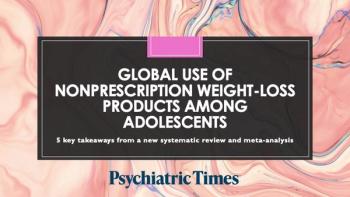
What does recent research tell us about use of nonprescription weight-loss products among teens?

Take a look back at our recent coverage relating to our February content theme.

From pain and suicidality in patients with depression to digital mental health interventions for adolescents with eating disorders, here are highlights from the week in Psychiatric Times.

New research finds whole-family collaborative care digital mental health interventions help manage disordered eating behaviors in adolescents aged 13-17.
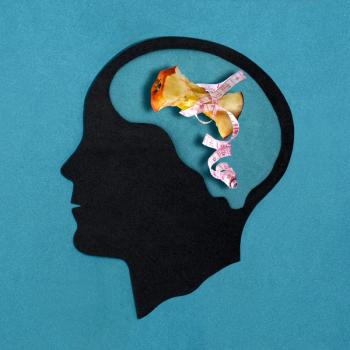
Write to us now to be part of our series focused on eating disorders this month.

A medical student's award-winning piece on her battles with an eating disorder.
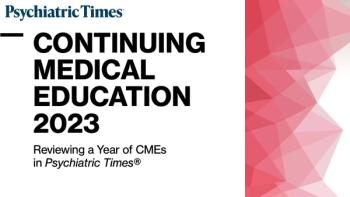
Reviewing a year of CMEs in Psychiatric Times®

The experts weighed in on a wide variety of psychiatric issues for the October 2023 issue of Psychiatric Times.

Anorexia nervosa may be underdiagnosed in patients with schizophrenia due to difficulty in distinguishing the two comorbid conditions.

From long-acting injectable antipsychotics for managing schizophrenia to mental health responses to the recent conflict in Israel, here are highlights from the week in Psychiatric Times.

Concurrent treatments targeting eating disorders and PTSD are needed to help these patients with complex conditions.










